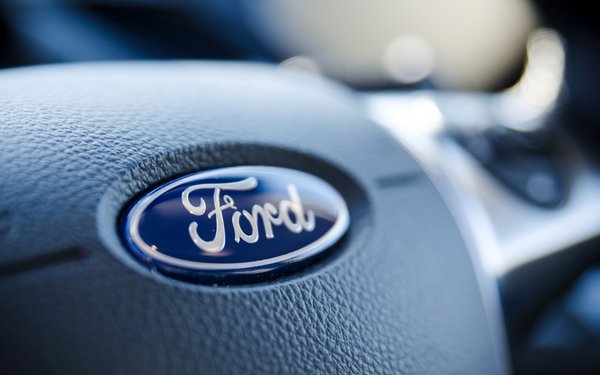
Ford Motor Co. and
McDonald’s are collaborating to convert coffee bean waste into car parts.
Every year, millions of pounds of coffee chaff, the dried skin on the bean that naturally comes off during
the roasting process, is turned into garden mulch or charcoal in North America.
The Ford research team and McDonald’s found that chaff can be converted into a durable product
to reinforce vehicle parts like headlamp housings and other interior and under-hood components. Doing so will help make Ford products about 20% lighter and provide up to 25% energy savings during the
molding of parts, according to the automaker.
As a result of this project, McDonald’s expects to divert a significant portion of its coffee chaff in North America to Ford to be
incorporated into vehicle parts.
advertisement
advertisement
“Now is the time to jumpstart the closed-loop economy, where different industries work together and exchange materials that are either side or waste
products,” says Debbie Mielewski, Ford senior technical leader, sustainability and emerging materials research team, in a release.
Insomnia Advertising created a video on Ford's behalf explaining the process.
Cause marketing is an important tool to reach millennials, according to a
July report from the Case Foundation with its research partner Achieve.
McDonald’s and Ford are both
committed to minimizing waste, adds Ian Olson, senior director, global sustainability, McDonald’s.
Ford has the goal of using only recycled and renewable plastics in vehicles globally by
utilizing sustainable materials. McDonald’s aims to source 100% of its guest packaging from renewable, recycled or certified sources by 2025.
The two companies plant to
continue to explore ways to collaborate and use waste as a resource.